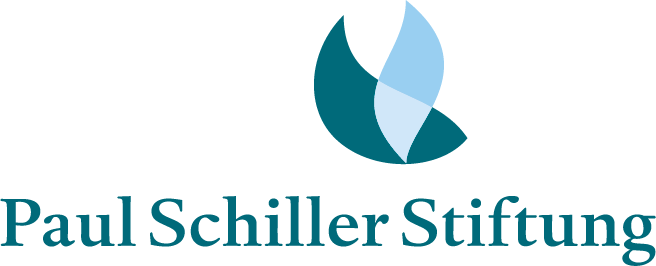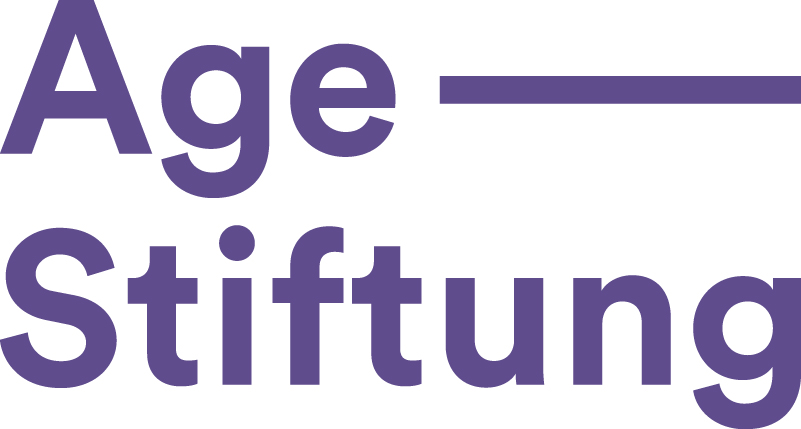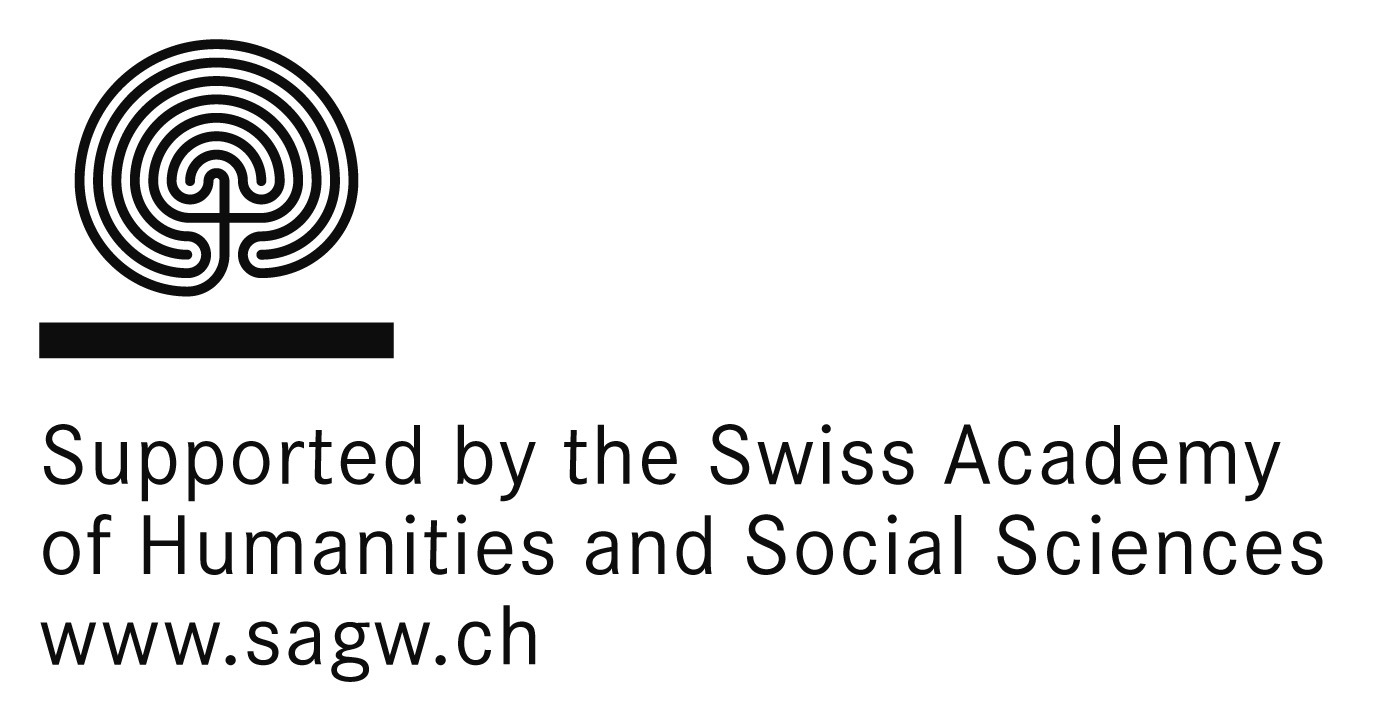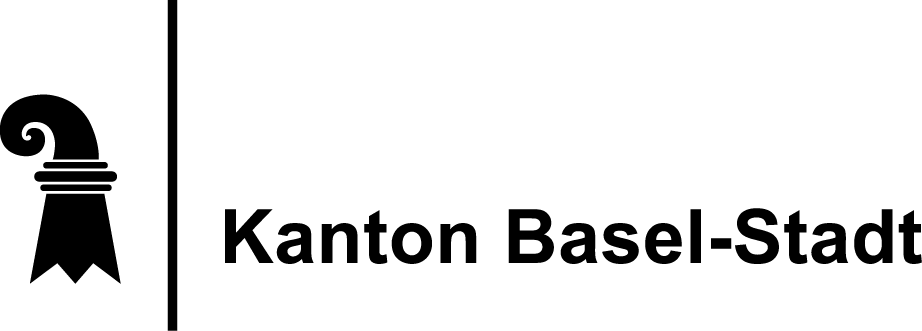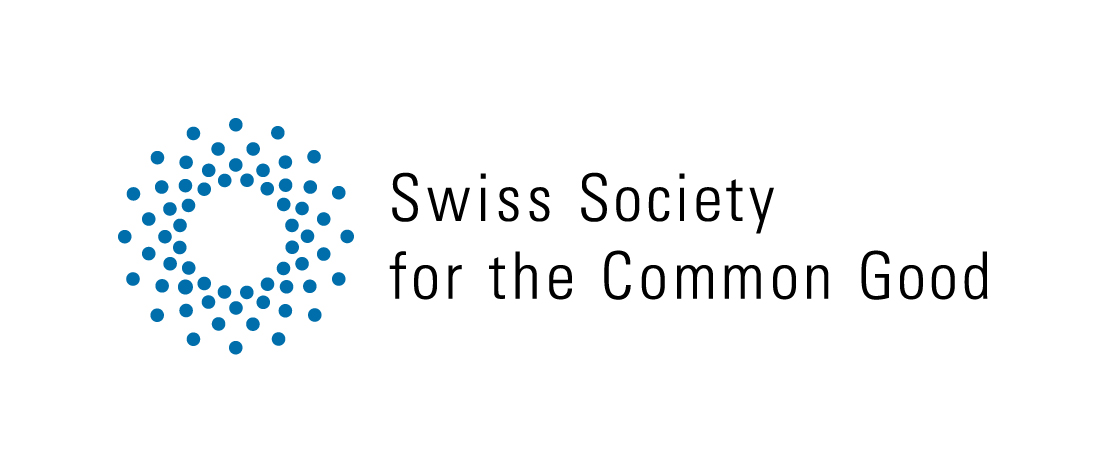Program Tuesday
Tuesday, 10.9.2024
| 09.00 – 11.00 | Workshop Session I For details see below |
| 11.00 – 11.30 | Break |
| 11.30 – 12.15 | Keynote 3: The Ambidextrous State: vulnerability, victimhood and mobility Prof. Dr. Bridget Anderson |
| 12.15 – 13.45 | Lunch break General assembly of the SSA |
| 13.45 – 15.15 | Semi Plenaries II For details see below |
| 15.15 – 15.45 | Break |
| 15.45 – 17.45 | Workshop Session II For details see below |
| 18.00 – 19.30 | Social City Tour (Surprise) in Basel (DE) |
| from 19.30 | Dinner at Werk 8, Basel |
Keynote
The Ambidextrous State: vulnerability, victimhood and mobility
Prof. Bridget Anderson | University of Bristol | United Kingdom
Vulnerability underpins many distinctions between migrants, including the migrant/refugee and the migrant worker/victim of trafficking distinctions. In this paper I will first examine how vulnerability is used by states, asylum seekers and migrants to both justify and undermine rights claims. I will then examine two consequences of this move to vulnerability. Firstly, it associates vulnerability with deservingness and in this it fits with a broader pattern that blurs the distinction between justice and deservingness for citizens as well as migrants- for example in relation to welfare rights. Secondly, it obscures the role of states, including by representing law as a response to vulnerability rather than as deeply implicated in the creation of vulnerabilities.
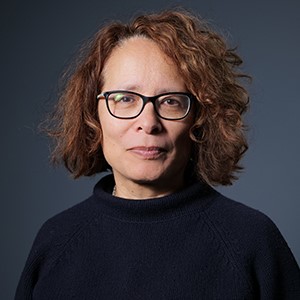
Prof. Bridget Anderson
Bridget Anderson is the Director of Migration Mobilities Bristol and Professor of Migration, Mobilities and Citizenship. She takes as her starting point that the ‘migrant’ and the ‘citizen’ and the differences between them are constructed in law and in social and political practice. Research also plays an important role in this, raising important ethical, epistemological and political questions. She is interested in the relation between migration, race, and nation, historically and in the contemporary world. Her work explores the relations between migration, temporalities and future making claims, with a particular focus on precarity, labour market flexibilities and citizenship rights.
University of Bristol, United Kingdom
Workshop Session
Coping with Vulnerabilities in the Context of Forced Migration_1
Prof. Mihaela Nedelcu (University of Neuchâtel); Dr. Ibrahim Soysüren (University of Neuchâtel); Dr. Oleksandra Tarkhanova (University of Neuchâtel); Dr. Simon Noori (University of Neuchatel)
Room 02.N.21
The Role of International Non-Governmental Organizations (INGOs) in Counteracting and Reducing Vulnerabilities to Foster Social Change in the Global South
Prof. Augusto Gamuzza (University of Catania); Prof. Marco Caselli (Catholic University of the Sacred Heart Milan)
Room 02.S.21
Pflegerische Versorgung und sich wechselseitig verstärkende Vulnerabilitäten
Claudia Boscher (Hochschule Ravensburg-Weingarten); Dr. Florian Fischer (Hochschule für angewandte Wissenschaften Kempten)
Room 02.W.03
Latenz und Aktion bei vulnerabler Agency. Erkundung eines Begriffsinventars zur Analyse solidarisierender Praxen existenzieller Krisenbearbeitung
Prof. Dr. Matthias Otten (Technische Hochschule Köln)
Room 02.W.09
Ein verletzliches Wir. Zur Konstitution von Kollektivität in der Spannung zwischen Vulnerabilität und politischer Praxis_1
Swantje Höft (Central European University (Wien)); Dr. Conrad Lluis (University of Duisburg-Essen)
Room 12.O.01
Vulnerability in Crisis? – Construction, Negotiation and Governance of Vulnerability during Crisis
Livia Schambron (Hochschule für Soziale Arbeit FHNW); Dr. Andrea Friedli (HES-SO Valais-Wallis)
Room 12.O.17
Verletzbarkeit als Bedingung für Autonomisierungsprozesse in sozialen, pädagogischen und Gesundheitsberufen
Prof. Dr. Roland Becker-Lenz (Fachhochschule Nordwestschweiz FHNW); Dr. Lukas Neuhaus (Fachhochschule Nordwestschweiz FHNW)
Room 12.O.25
Vulnerabilität und Künstliche Intelligenz / Vulnerability and Artificial Intelligence
Alexandros Gazos (Karlsruhe Institute of Technology (KIT)); Prof. Dr. Isabel Kusche (Otto-Friedrich-Universität Bamberg); MR Christian Büscher (Karlsruhe Institute of Technology (KIT))
Room 12.S.01
New vulnerabilities of market exclusion and inclusion
Prof. Dr. Philip Balsiger (University of Neuchatel); Prof. Dr. Lena Pellandini-Simányi (Università della Svizzera italiana)
Room 12.S.09
“To trust, or not to trust, that is the question”. Vulnerability to information as a risk of modern society
Dr. Roman Smirnov (Freie University Berlin)
Room 12.S.17
Investigating Resilience and Vulnerability in Schools and Universities in Times of Crises and Transformation
Dr. Philippe Saner (Universität Luzern); Dr. Len Ole Schäfer (FernUniversität in Hagen, CATALPA – Center of Advanced Technology for Assisted Learning and Predictive Analytics)
Room 12.S.25
Shared Vulnerability: A Key Concept for Critical Social Sciences?
Ira Zöller (RWTH Aachen); Dr. Katharina Hoppe (Goethe University Frankfurt)
Room 12.W.01
Doing research about and with people that lack decision-making capacity
Dr. Anca-Cristina Sterie (Lausanne University Hospital)
Room 12.W.09
Vulnerabilität im Kontext sozialer Probleme
Peter Streckeisen (ZHAW Soziale Arbeit); Yann Bochsler (Hochschule für Soziale Arbeit FHNW); Dr. Martina Koch (Fachhochschule Nordwestschweiz); Dr. Lisa-Marie Borrelli (HES-SO Valais-Wallis); Michelle Beyeler (Berner Fachhochschule ); Emilie Rosenstein (HETSL Lausanne); Eva Nada (HETS Genève); Prof. Dr. Lucia M. Lanfranconi (Lucerne University of Applied Sciences and Arts)
Room 12.W.17
Immigrant integration and vulnerability
Dr. Didier Ruedin (Université de Neuchâtel); Prof. Dr. Milena Chimienti (HES-SO Genève); Prof. Dr. Barbara Waldis (Institut Transdisciplinaire de Travail Social)
Room 12.W.25
Coping with Vulnerabilities in the Context of Forced Migration_2
Prof. Mihaela Nedelcu (University of Neuchâtel); Dr. Oleksandra Tarkhanova (Institute of Sociology, University of Neuchâtel); Dr. Simon Noori (Institute of Sociology, University of Neuchâtel); Dr. Ibrahim Soysüren (Institute of Sociology, University of Neuchâtel)
Room 02.N.21
L’inspection du travail face aux différentes formes de vulnérabilité des travailleurs-euses// Labour inspection and worker vulnerability_2
Dr. Aris Martinelli (Haute école de travail social et de la santé Lausanne (HETSL)); Dr. Alessandro Pelizzari (Haute école de travail social et de la santé Lausanne (HETSL)); Prof. Dr. Nicolas Pons-Vignon (The University of Applied Sciences and Arts of Southern Switzerland (SUPSI))
Room 02.O.03
Physical activity and sports and vulnerabilities: taking or reducing risks through sports activities
Dr. Monica Aceti (Université de Fribourg); Dr. Markus Lamprecht (Lamprecht & Stamm Sozialforschung und Beratung); Prof. Siegfried Nagel (University of Bern)
Room 02.S.21
Caring Societies – Critical infrastructures in times of heightened vulnerability
Prof. Dr. Lisa Marie Borrelli (HES-SO Wallis-Valais); Dr. Carolin Fischer (Berner Fachhochschule, Departement Soziale Arbeit)
Room 12.O.01
Migration, age, vulnerability and wellbeing: which relations?
Ruxandra Oana Ciobanu (University of Applied Sciences and Arts Western Switzerland); Mihaela Nedelcu (University of Neuchâtel); Marion Repetti (University of Applied Sciences and Arts Western Switzerland HES-SO Valais)
Room 02.W.09
Ein verletzliches Wir. Zur Konstitution von Kollektivität in der Spannung zwischen Vulnerabilität und politischer Praxis_2
Dr. Conrad Lluis (University of Duisburg-Essen ); Swantje Höft (Department of Gender Studies)
Room 12.O.09
Morality and Technological Innovation
Prof. Dr. Jörg Rössel (University of Zurich); Dr. Patrick Schenk (University of Lucerne); Vanessa Müller (University of Lucerne)
Room 12.O.17
Vulnerability in Arts and Culture: Risks and Responses (panel 1)
Dr. Olivier Moeschler (University of Lausanne); Dr. Loïc Riom (University of Lausanne); Dr. Guy Schwegler (University of Lucerne); Dr. Nuné Nikoghosyan (University of Geneva); Carole Christe (University of Lausanne)
Room 12.O.25
Analysing Gender: Exploring Innovative Measures in Quantitative Surveys / Analyser le genre: exploration d’indicateurs innovants dans les enquêtes quantitatives
Christina Bornatici (FORS – Swiss Centre of Expertise in the Social Sciences)
Room 12.S.01
Decolonising Social Work while Dealing with Structural Conditions of Vulnerability
Prof. Dr. Barbara Waldis (Institut Transdisciplinaire de Travail Social); Prof. Dr. Kris Clarke (Social Work, Doctoral Programme in Gender, Culture, and Society)
Room 12.S.09
Sozialhilfevollzug in der Schweiz
Dr. Christophe Roulin (Hochschule für Soziale Arbeit FHNW)
Room 12.S.17
Social vulnerabilities and resources of destitute European migrants in Switzerland and the response of the Swiss welfare state
Dr. Zsolt Temesvary (Hochschule Soziale Arbeit FHNW); Prof. Dr. Matthias Drilling (Hochschule für Soziale Arbeit FHNW)
Room 12.S.25
Forschungsethik in der Rekonstruktiven Sozialforschung: Herausforderungen im Kontext von Forschung mit vulnerablen Gruppen
Prof. Dr. Irini Siouti (Frankfurt University of Applied Sciences); Prof. Dr. Silke Müller-Hermann (Fachhochschule Nordwestschweiz FHNW)
Room 12.W.01
Crises, conflicts, catastrophes – on the relationship between “self-vulnerabilization” and collective capacities for action from a convention theory perspective
Prof. Dr. Rainer Diaz-Bone (University of Lucerne)
Room 12.W.09
Accessing healthcare institutions: what is at stake during negotiations to conduct fieldwork
Prof. Raphaël Hammer (University of Applied Sciences and Arts Western Switzerland); Marlyse Debergh (University of Amsterdam); Dr. Solène Gouilhers (University of Geneva); Prof. Dr. Claudine Burton-Jeangros (University of Geneva)
Room 12.W.17
Vulnerabilität im Alter: Zwischen Anerkennung und Ageism
Prof. Dr. Esteban Piñeiro (Hochschule für Soziale Arbeit FHNW); Prof. Dr. Carlo Knöpfel (Fachhochschule Nordwestschweiz); Riccardo Pardini (Berner Fachhochschule)
Room 12.W.25
Semi Plenaries
Poverty, vulnerability, and the social conditions of agency
Prof. Dr. Eva Nadai (Hochschule für Soziale Arbeit FHNW); Dr. Anna Gonon
Room 02.N.21
Wiedererwachendes Interesse am Subjekt? Methodologische und methodische Implikationen der Berücksichtigung von Vulnerabilität
Prof. Dr. Claudia Scheid (University of Innsbruck)
Room 02.O.03
Differences and vulnerabilities in thinking and planning the city
Prof. Dr. Sandro Cattacin (Université de Genève); Prof. Dr. Vincent Kaufmann (EPFL); Prof. Dr. Dr. Fiorenza Gamba (Université de Genève)
Room 02.O.09
Krise(n) oder Persistenz in pädagogischen und sozialarbeiterischen Bildungsfeldern? Differenzkritische resp. migrationsgesellschaftliche Perspektiven auf Bildungsungleichheit
Prof. Dr. Maritza Le Breton (Institut Integration und Partizipation)
Room 02.S.21
Vulnerabilisierungen – Familien diesseits und jenseits hegemonialer Normen und Zuschreibungen
Dr. Oxana Ivanova-Chessex (Pädagogische Hochschule Zürich)
Room 02.W.03
Constructing mental illness, negotiating vulnerabilities: Institutional responses of the law enforcement and criminal justice system to emotional and mental disturbance
Prof. Marina Richter (HES-SO Valais/Wallis); Prof. Esteban Piñeiro (Sozialplanung, Organisationaler Wandel und Stadtentwicklung); Prof. Krzysztof Michal Skuza
Room 02.W.09



